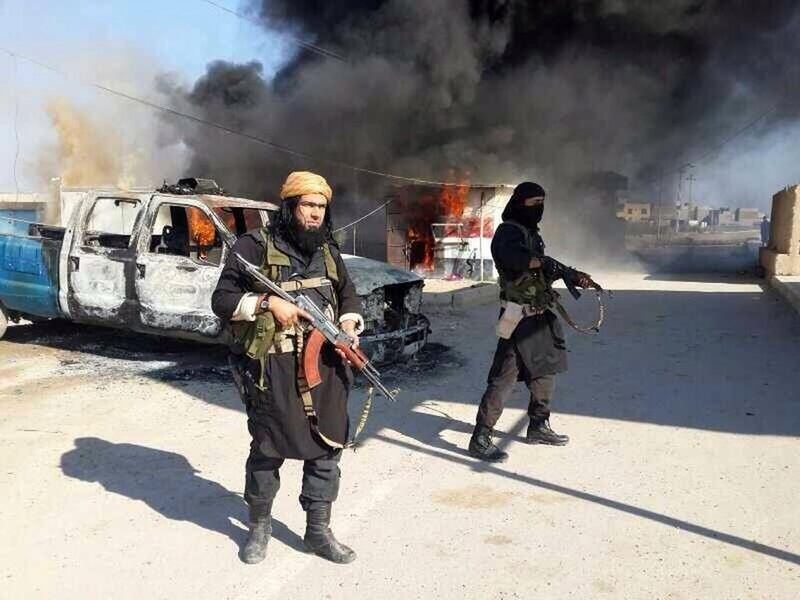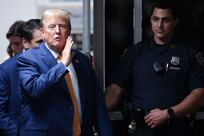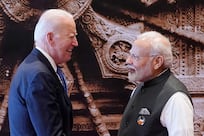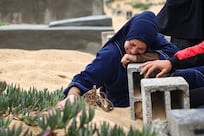In the years after the attacks of September 11th, 2001, US commentators were fond of saying that Al Qaeda had “awoken a sleeping giant”. This was an apocryphal phrase attributed to a Japanese admiral after the Pearl Harbor attacks in 1941 and was meant to indicate that, by attacking the US mainland, Al Qaeda had picked a fight they could not win.
Such a debate, indeed, had occurred within Al Qaeda itself. Al Qaeda saw themselves as building a caliphate but sought to do so by acquiring a state and using that to launch attacks against both the West and the Arab world. When the group launched the 9/11 attacks, they were not even in control of a state, being merely hosted on Afghan territory by the Taliban. Within Al Qaeda there was a debate over whether it would be better to focus on building a state or on waging terror attacks in the West.
The latter faction won, in what turned out to be a spectacular tactical mistake. The US giant was indeed provoked and, while the war in Afghanistan did not go the way the US had planned, Al Qaeda’s central leadership was disrupted, arrested or killed.
ISIL, the mutant militant group now in both Syria and Iraq, have not made such a calculation. They have focused on building their own “state” in the lands straddling the two countries, rather than engaging in terror attacks against the West. That, indeed, makes them more dangerous.
The reality of life under ISIL is not pretty. In Raqqa, the north-eastern Syrian town that functions as the group’s headquarters, the group has claimed to be implementing Islamic law. In reality, as a Reuters article reprinted last week in The National revealed, life there is more akin to a siege. The town is cut off from neighbouring towns and cities, with communication conducted only through ISIL’s militants. There is no rule of law, just the rule of the gun: those who disagree with the group are exiled or murdered, and businessmen and women who remain can never be sure when the whims of the group will turn against them.
But the very fact that such a warped ideology has gained a grip on Raqqa and on other towns on either side of the border, presents an enormous challenge for the Middle East. It is for this reason that, as the UAE said last week, a concerted strategy was necessary to fight ISIL.
ISIL’s is a warped ideology. It is warped religiously, taking passages from the Quran out of context and forcing those who live under their rule to adhere to their austere version of Islam, such as compelling Christians to convert – this despite the clear declaration in the Quran that there is no compulsion in religion. Unlike genuinely Islamic countries, it has no tolerance for Muslims – happily killing both Sunni and Shia Muslims – nor for other religions, targeting the Iraqi Christian community for harassment.
But it is also warped historically. ISIL sought a public relations advantage by calling its barely functioning state “a caliphate” and the reclusive Abu Bakr Al Baghdadi even sought to take on the title of “caliph”. But there is nothing Islamic in its brutal rule. Nothing in the rich history of Islam urges people to stoop to the mutant militancy of this group.
And ISIL is warped politically. The group appears to believe that it can alienate its neighbours and still exist as a functioning state. But no matter how many towns or government buildings it takes over, ISIL will never be accepted by Turkey and Jordan as neighbours, nor by the wider region on an equal footing.
Both Al Qaeda and ISIL have brought untold suffering to those among whom they have grown and to those they have attacked. But whereas Al Qaeda was scattered and the threat was blunted by the American response in Afghanistan, ISIL has been allowed to grow unchecked, destabilising Iraq. It is a real threat and must be tackled on a regional level. A cancer like ISIL affects the whole region in which it grows.





